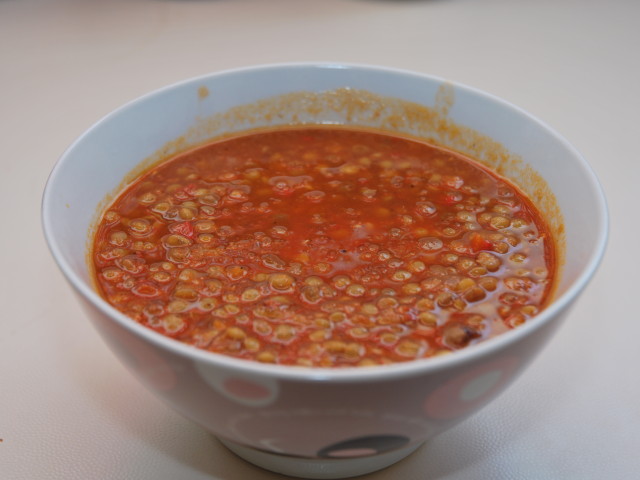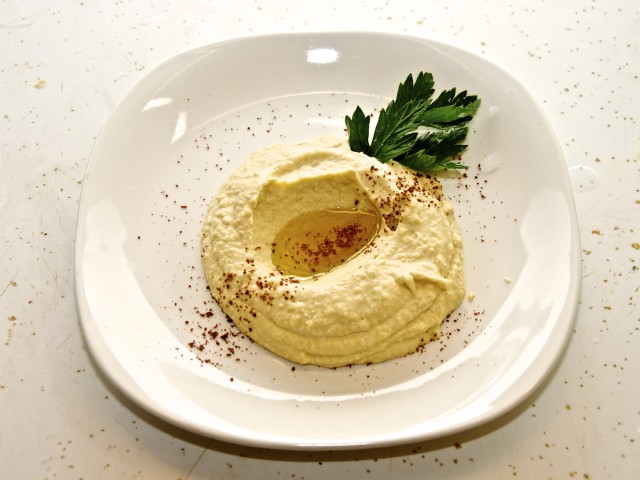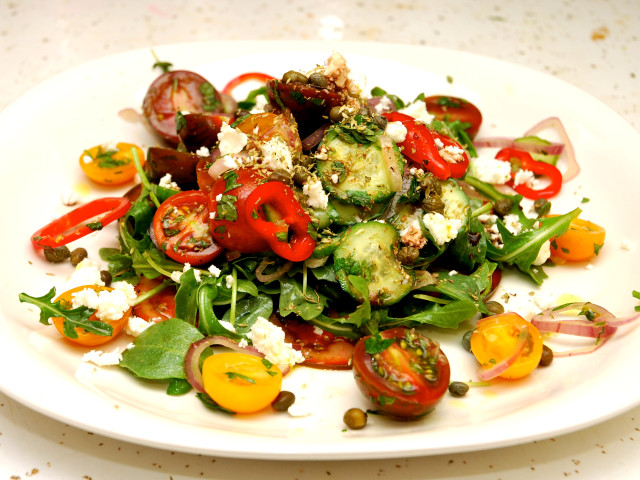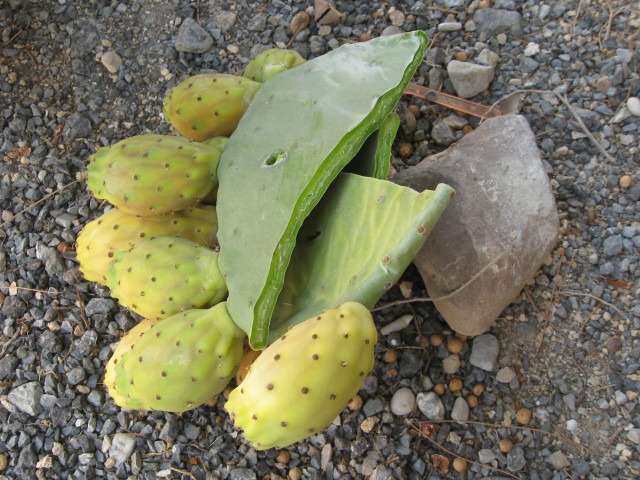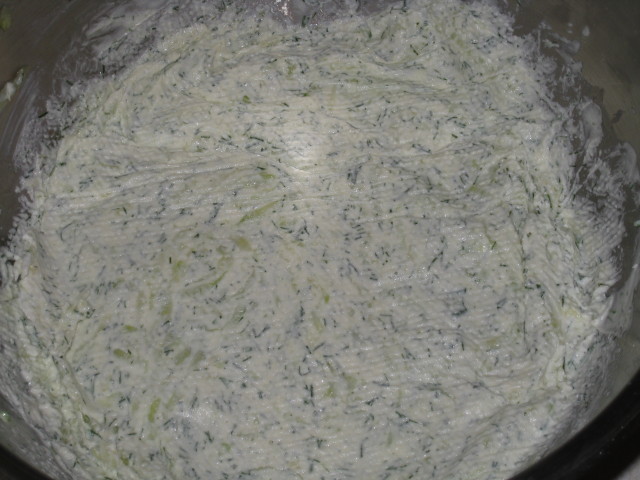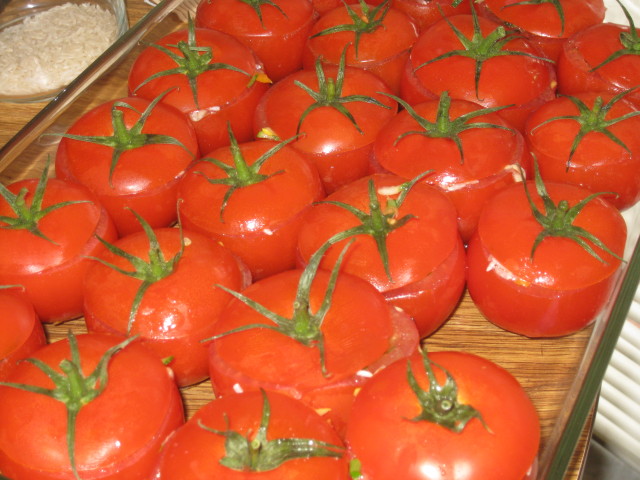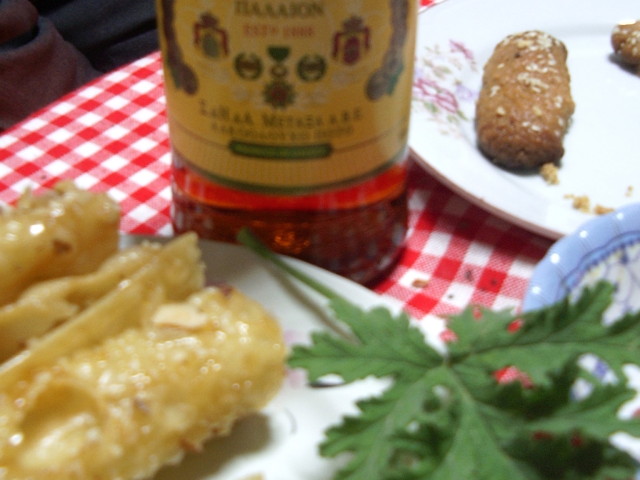
Every country or nation that has more than 50 years exposure to Christianity will have a special dessert that made exclusively around the Christmas time. Greece is no exception, and since it had embraced christianity for almost 2000 years the number of desserts for the occasion is huge. However, the one that is closer to my heart, because is delicious and also is what my grandma used to make every christmas, is the Kourampies (κουραμπιές, koo-ra-byies) that is a crumbly almond cookie dusted in powder sugar. Simple ingredients, humble cookie and big flavor. Although the Christmas reference of the cookie for most of the people comes from the white dusting of sugar, that resembles the snow, for me it is more the relation of the humble beginnings the cookies with the humble beginnings of the Messiah.
Read More

